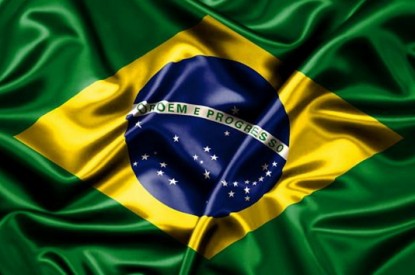Interactive
Brazil – President Lula signs online gambling bill into law
By James - 2 January 2024
President Luiz Inácio Lula da Silva sanctioned, on Saturday night (December 30), Bill PL 3626/2023 which regulates the operation of sports betting in Brazil and allows for online casinos as well. The measure was published this Saturday in an extra edition of the Official Gazette of the Union.
The approved bill imposes 12% revenue tax for online betting companies. Player prizes will be taxed at 15%. However Lula vetoed the tax exemption for betting prizes of up to R$ 2,112 per month. The change was made so that the federal government would not promote “Income Tax taxation different from that applied in other lottery modalities, thus establishing a tax distinction without plausible justification”, Lula explained, when vetoing article 31 of the bill.
It will be up to the Federal Revenue Service to decide the period for measuring the bettor’s winnings in order to apply the charge. Previously, the idea was to carry out this analysis annually. Now, the body will create an ordinance to define how often taxes on winnings will be collected.
The Brazilian Institute of Responsible Gaming (IBJR) had expressed its concerns that Lula would have applied a 30% tax on betting profits. On Friday (29), the IBJR released a statement outlining its “concern” about this possible change to the law. The fear was that, by putting in place a high rate of tax on winnings that, the government would have driven players to unlicensed betting platforms. However Lula kept the 15% tax rate on the winnings paid to gamblers.
The Senate Plenary approved the basic text of the bill that regulates sports betting (PL 3.626/2023), from the Executive Branch last month. As the bill was modified in the Senate, the text returned to the Chamber of Deputies for analysis. The plenary of the Chamber of Deputies approved by 292 votes in favour to 114 against and with one abstention, the basic text of the bill just before Christmas.
Companies that want to operate in the market will have to pay a license of up to R$30 million. Operators will require authorization by the Ministry of Finance, with licenses valid for up to five years and they will be able to operate three brands. Legal entities must meet several requirements. These include having a domiciled presence in the country.



